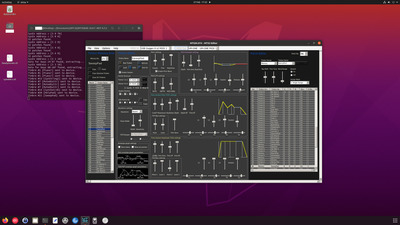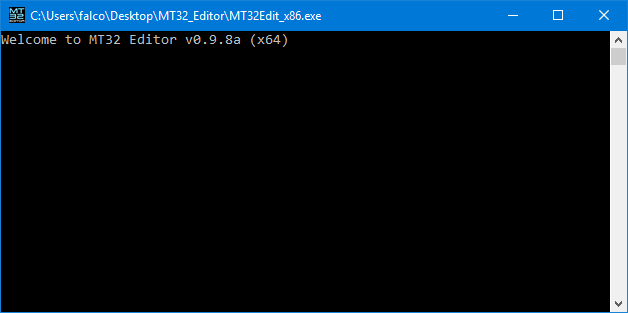Reply 80 of 107, by Falcosoft
- Rank
- Oldbie
xcomcmdr wrote on 2024-01-07, 21:31:.NET Framework only works on Windows (and is shipped with Windows, and is closed source). It also does not evolve anymore. […]
.NET Framework only works on Windows (and is shipped with Windows, and is closed source). It also does not evolve anymore.
.NET Core (now called .NET since .NET 5) is cross platform, shipped with the application (by default), and open source.
Right now, the usage of WinForms is what makes it a Windows only application.
Moving back to .NET Framework would tie it to the Windows platform without even using a Windows-only UI technology such as WinForms.
What is the differene compared to what I said?
If I understand xcomcmdr's explanation correctly then the current code base would not lose anything by changing to old school .NET framework instead of .NET 6 since the used WinForms itself prevents the codebase to be cross platform compatible not the framework. And in terms of Windows only executables .NET Framework seems to provide better compatibility for older Windows versions.
The point is:
If Winforms stays then the current code base would not lose anything by changing to old school .NET framework. And it seems leaving Winforms behind will not be an easy task and will not happen for the 1.0 release.
And changing the current version to be (also) .NET Framework compatible requires about 20 lines of code.

